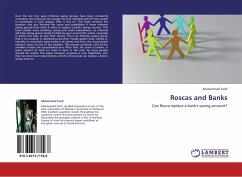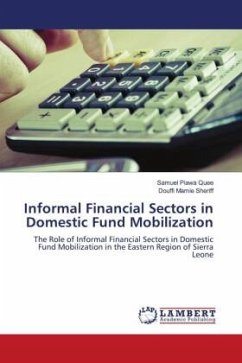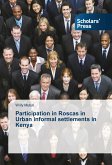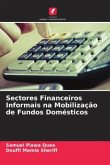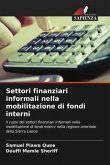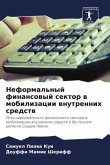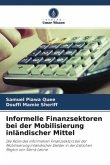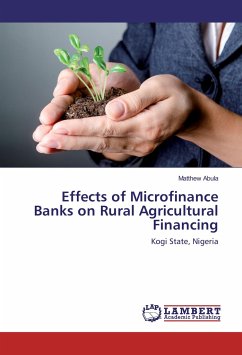Over the last few years informal saving groups have been constantly increasing. Not only poor but people that are relatively well off have opted to participate in such groups. Why is this so? This book answers the question and put forward the issues and possibilities if these informal saving groups have what it takes to replace a bank's saving account. This book studies rosca (rotating, saving and credit associations), an informal self help saving group mostly formed by poor around the world, especially in Africa and Asia, to save their money. This is an effective saving group that is very popular in developing countries. People gather daily, weekly or monthly to contribute some amount of money and then the accumulated money is given to one of the member. This process continues until all the members receive the accumulated sum. After that, the chain is broken. A good amount of work on rosca is done in the past, by many people around the world. This paper however, proposes a new hypothesis, one that has never been taken before, which is that roscas can replace a bank s saving account.
Bitte wählen Sie Ihr Anliegen aus.
Rechnungen
Retourenschein anfordern
Bestellstatus
Storno

